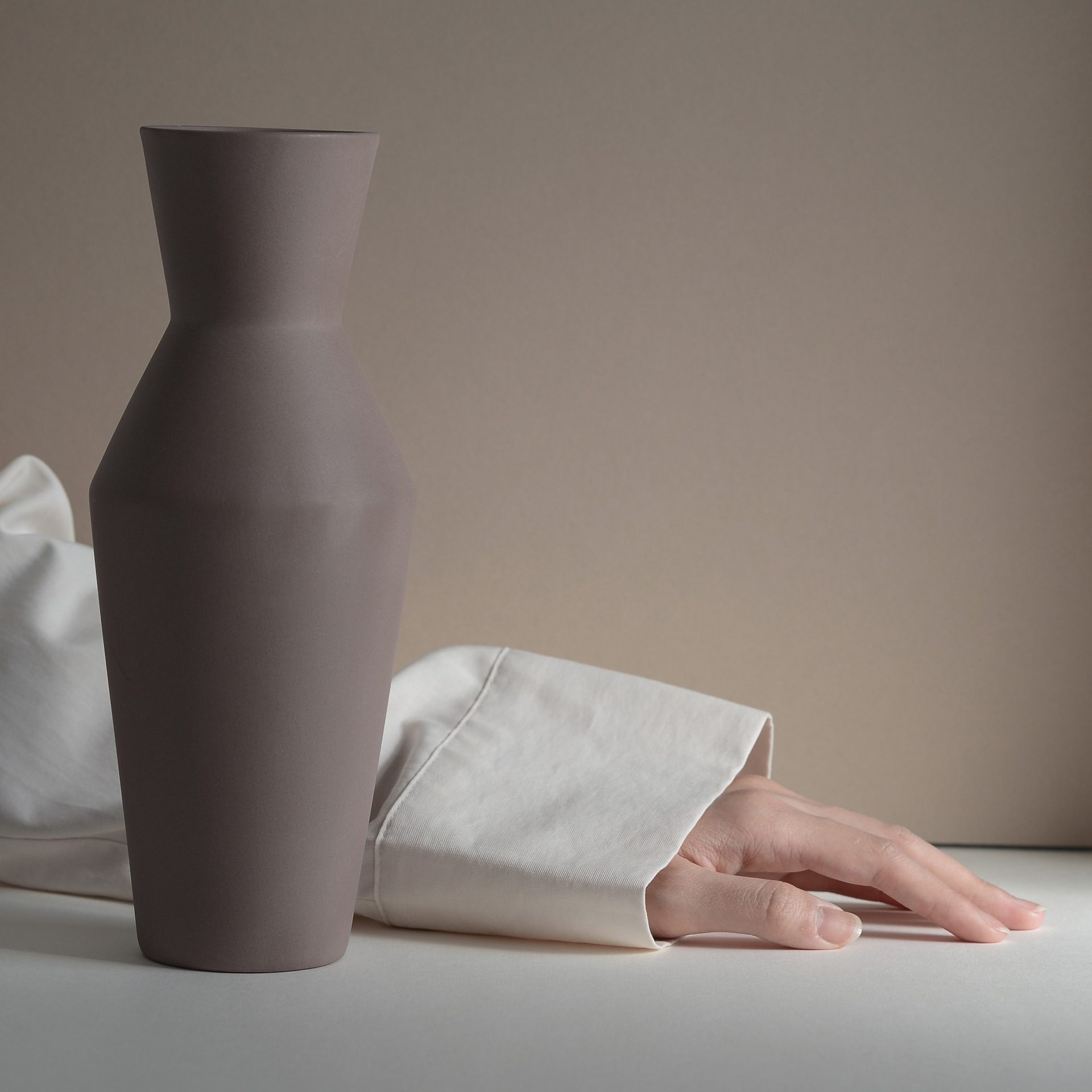Mindfulness
In the fast-paced digital age, cultivating mindfulness has become essential for enhancing cognitive performance and overall well-being. Mindfulness, the practice of being fully present and non-judgmentally aware of your thoughts, feelings, and sensations, offers a wealth of benefits that extend beyond tranquility.

Mindfulness has a profound impact on cognitive function. Studies have shown that regular mindfulness practice improves attention, working memory, and executive function. By training your mind to stay in the present moment, you reduce cognitive overload and enhance your ability to focus on tasks at hand.

Furthermore, mindfulness reduces stress and anxiety, which are detrimental to cognitive performance. Chronic stress impairs memory, decision-making, and problem-solving abilities. Practicing mindfulness triggers the relaxation response, which counteracts the effects of stress, promotes mental clarity, and fosters creativity.

Here’s how to incorporate mindfulness into your daily routine:
- Start Small: Begin with short mindfulness sessions. Even a few minutes of focused breathing can make a difference.
- Mindful Breathing: Close your eyes and focus on your breath. When your mind wanders, gently bring your attention back to your breath.
- Body Scan: Pay attention to each part of your body, noticing any tension or discomfort. This practice promotes relaxation and body awareness.
- Mindful Eating: Engage all your senses while eating. Savor each bite, paying attention to flavors, textures, and smells.
- Scheduled Breaks: Take mindful breaks during work or study. Step away from your task, close your eyes, and breathe deeply.

Incorporating mindfulness into your routine can significantly enhance your cognitive performance, leading to sharper focus, improved decision-making, and reduced mental clutter. By dedicating time to practice mindfulness, you’re investing in a more balanced and fulfilling life.